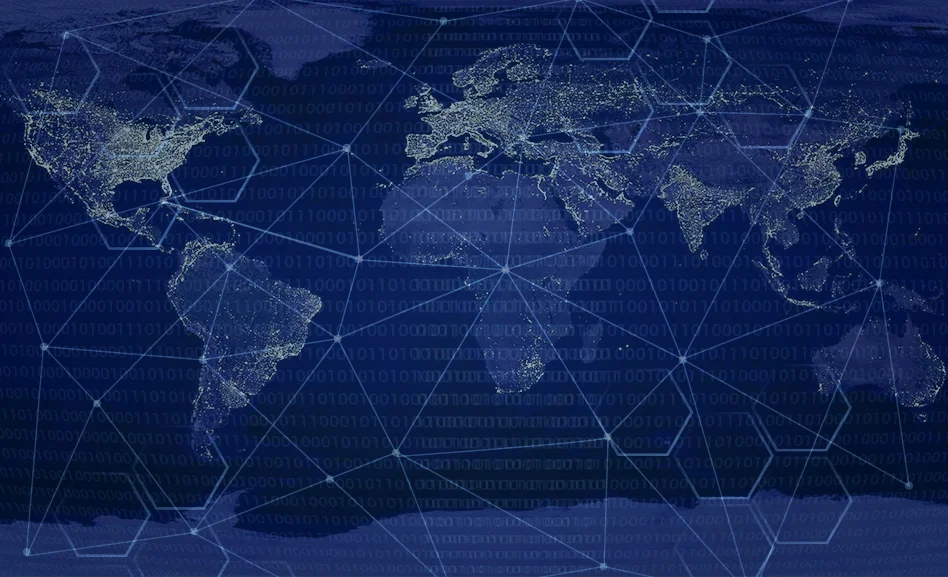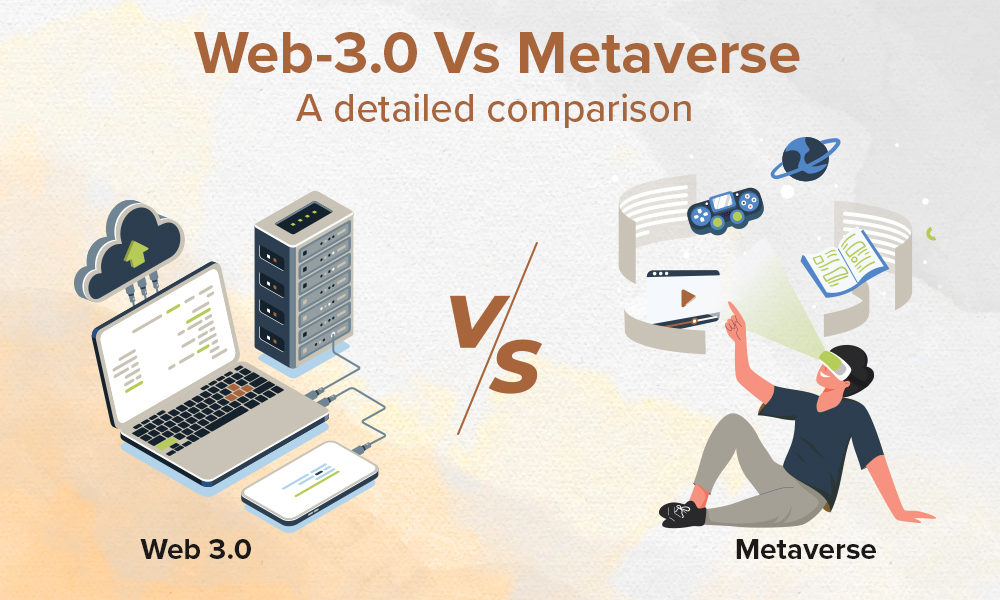The internet as we know is reliant on centralized operators (servers). All the user data present on the internet is in the hands of a few which makes it vulnerable to cyber-attacks and hacks. It also makes easier for governments and corporates to track us and conduct surveillance.
It sounds creepy that how much they know about your behavior, your likes, and everything personal. Decentralized Internet, on the other hand, gives users a choice to enjoy the same services, decentralized and not creepy.
Challenges with Centralized Internet
Few large and physical servers are responsible for providing us with hosting and essential elements to use the internet. These servers keep our websites, emails, social media accounts, and all our sensitive details. The reliance of the internet on these servers open to major vulnerabilities that might get worse in the future.
Servers Can Go Down
A small malfunction in the servers could pose a severe impact on our internet. All our websites, emails, online bank accounts can stop working making us paralyzed to do anything.
Servers Can be Hacked
Cyber hacks have led millions of internet users to lose their money and private data over the past few years. Internet being dependent on a few servers make it more vulnerable to hacks and cyber-attacks.
Privacy Issues
in the lights of Facebook scandal and Cambridge Analytica, public concerns around privacy and spying have grown significantly. The personal data of the people aren’t secure with centralized internet.
What is the Decentralized Internet?
Decentralized Internet or DWeb is like the internet that does not rely on servers to work. A decentralized web relies on a peer-to-peer network of interconnected devices that would host the internet, not a group of servers owned by big companies.
It promises a high level of privacy and control over the data that is available on the internet. On the decentralized version, it would be harder for the government and companies to block a website or display the ads on our browsers.
How Does It Work?
In the decentralized internet, each web page would be spread out across millions of nodes on different devices. Your computers and mobile phones would not only requests for the services but provide them. Moreover, it will also allow the information to be shared amongst devices in numerous ways rather than using servers for exchanging information. Nobody would be able to track your information, and thus the power would always remain in the hands of the users.
How Is Blockchain Involved?
The same technology that has powered Bitcoin and Ethereum is now finding application in the development of the Decentralized Internet.
A blockchain is designed to make transactions and store information across a distributed network without the need for intermediaries. Every information present over blockchain is encrypted, and nobody can alter or harm it.
The decentralized internet is not quite here yet. But many startups have already started using blockchain technology to replace certain common internet services like Wikipedia, docs and social media platforms, etc. Some of the examples include Openbazaar (a decentralized marketplace), Graphite Docs (an alternative to Google Doc), and Everipedia (a blockchain based encyclopedia).
The decentralized web is an idea that sound great on papers. It might change the current scenario once people start using it. Since DWeb would be a great option over the hackable current version, it stands a better chance to be the next big thing for us.



.jpg)
